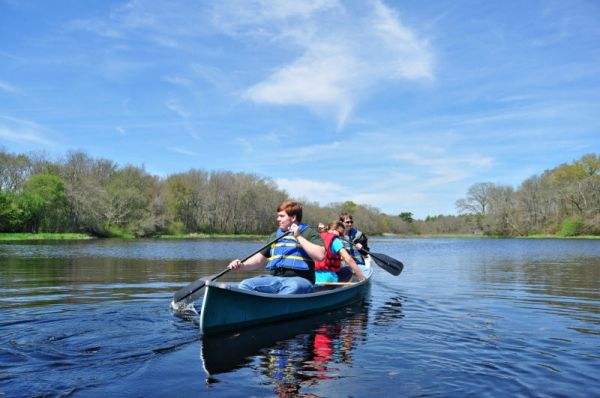From Los Angeles to Portland, and Boston to Tampa Bay, the U.S. coasts are home to many urban areas. Close to 40 percent of the country’s population live along the coast, and that number is growing. Along with people, urban coastal areas often have both historical and operating industrial infrastructure, such as factories and ports. These industrial features sometimes lead to hazardous materials making their way into waters and soils, as well as fish and wildlife.
When pollution happens in any coastal community, NOAA works with teams of state, tribal, and federal agencies, called Trustees. Together, we assess the impacted resources and services. Then we work with responsible parties to secure funding to restore them. This work is backed by more than 30 years of science and collaboration.
Often, the “services” provided by our natural resources—like recreational fishing, boating, and going to the beach, or storm protection and clean water—are impacted by pollution. These natural resource services have economic value, and part of our work focuses on restoring them. Examples include building parks and piers, or improving infrastructure for cleaner water.
Continue reading at NOAA Fisheries
Image via NOAA Fisheries


